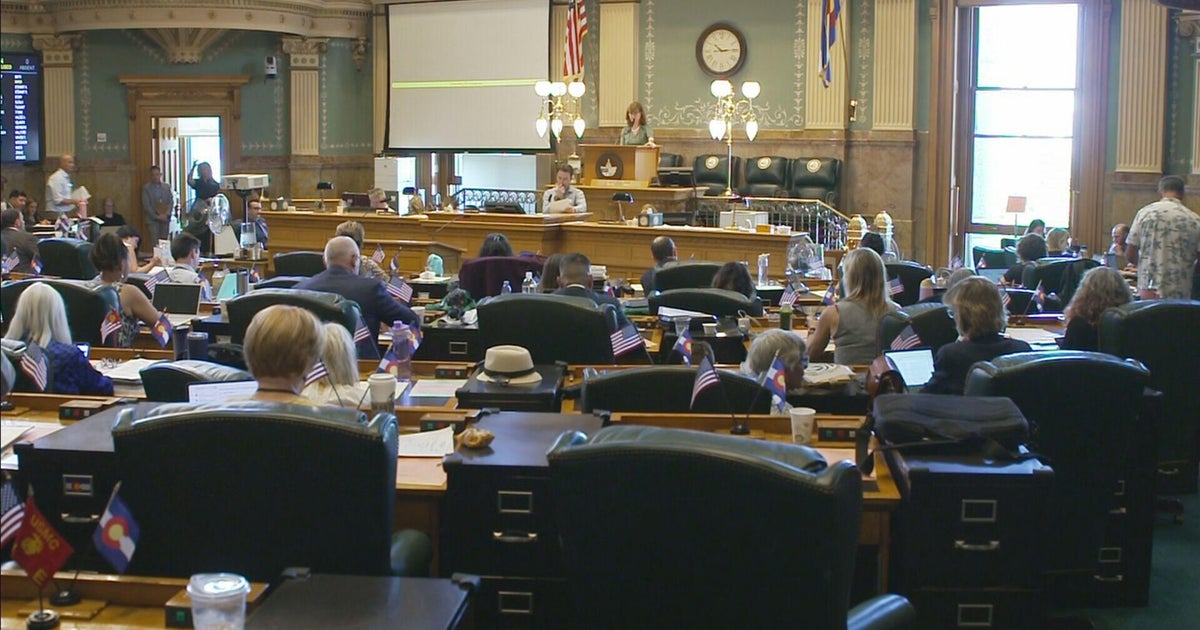A year after Colorado state lawmakers passed the most sweeping artificial intelligence law in the country, they are now racing to repeal and replace it.

CBS
The law is set to take effect in February 2026 — one month after the regular legislative session begins. So Gov. Jared Polis directed lawmakers to take it up in a special session. Then, he called to address a $750 million budget deficit.
Artificial intelligence uses algorithms to make decisions about everything from health care and housing to lending to and legal matters, and education and employment.
In an effort to prevent discrimination in those decisions, Democratic state Sen. Robert Rodriguez of Denver passed a first-in-the-nation law to regulate how AI is used.
“When you’re the first one through the glass, you’re gonna get a little messed up; Rodriguez told CBS Colorado.
Rodriguez has come under fire from not only developers of AI but users such as hospitals and higher education. The law requires them to disclose possible biases and how they’re mitigating them, even though they didn’t develop the technology.
“Everything became onerous and overly complicated,” Rodriguez said.
With tech companies threatening to pull out of Colorado, Rodriguez went back to the drawing board and introduced a bill in the special session to repeal and replace the law. Democratic state Rep. William Lindstedt from Broomfield did the same.
Both bills require companies to disclose when AI is being used, but Rodriguez’s bill defines AI much more broadly and requires companies to tell people which characteristics AI used to reach its decision, and if the data is inaccurate fix it.
“If we’re a leader in innovation and technology, what’s wrong with being a leader in safe innovation and technology,” Rodriguez continued. “I don’t understand why the two can’t go together.”
Lindstedt says he also wants safety and transparency.
“Fourteen percent of new job growth is related to AI right now,” Lindstedt said. “We have to get this right.”
Lindstedt’s bill uses the federal definition of AI and requires companies to disclose when they use the technology but not how an algorithm arrived at a decision.
“It makes sure that these AI companies comply with existing Colorado statutes, so the Consumer Protection Act, the Colorado Anti-Discrimination Act,” Lindstedt said. “It will also provide needed transparency for consumers, so it clearly distinguishes the role of deployers and the role of these businesses.”
Tech companies largely support Lindstedt’s bill.
But tech companies say Rodriguez’s remains unworkable. Fiscal analysts also estimated the state would need to spend nearly $7 million a year to comply with his bill’s requirements, so Rodriguez amended it to exempt all public entities from having to tell people which of their characteristics AI used to make a decision. Rodriguez says individuals could still file open records requests to get the data.
“We’re trying to be thoughtful about this bill,” Rodriguez said. “I hear that every bill is going to end the world as know it.”
Both bills passed their first committee.
More from CBS News
